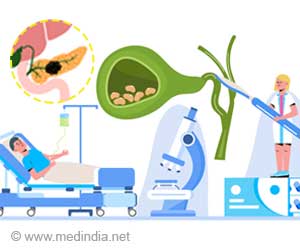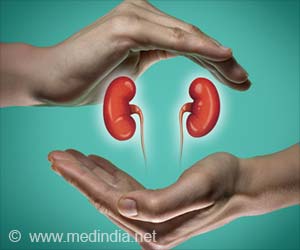After analyzing lifestyle factors and medical conditions, researchers have uncovered potential areas for prevention and early diagnosis of pancreatic cancer.
- Smoking, high alcohol intake, early adulthood obesity, and gum disease are all modifiable risk factors for pancreatic cancer
- Non-modifiable risk factors for pancreatic cancer include gender, ethnicity, blood type, and age
- Chronic pancreatitis, diabetes, asbestos exposure, and gallbladder resection were also found to be linked to an increased risk of pancreatic cancer
Role of Lifestyle Choices in Pancreatic Cancer Risk
Modifiable risk variables included behaviors that could be avoided or changed before diagnosis, such as smoking and alcohol intake; non-modifiable risk factors, such as gender, ethnicity, or blood type, could not be avoided. Researchers assessed the degree of evidence for various risk variables in a study of pancreatic cancer research articles published between 2000 and 2021. Smoking, high alcohol intake, early adulthood obesity, and gum disease were identified as modifiable risk factors for pancreatic cancer.Non-Modifiable Risk Factors of Pancreatic Cancer that You Cannot Control
Being male, African American/Black, and being older were all non-modifiable risk variables. Blood groups A, B, and AB were also at a higher risk than blood group O. Chronic pancreatitis, diabetes, asbestos exposure, and gallbladder resection were also connected to an elevated risk.The findings in this paper can be used to develop a more complex risk prediction model to raise awareness of pancreatic cancer and identify at-risk people. Low physical activity, increased red meat and dairy diet, and vitamin D deficiency were all risk factors with little or no evidence of harm.
This research was first published in the journal Cancer Reports and Reviews.
Source-Medindia
















